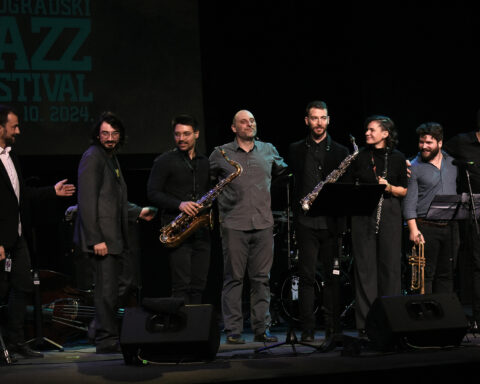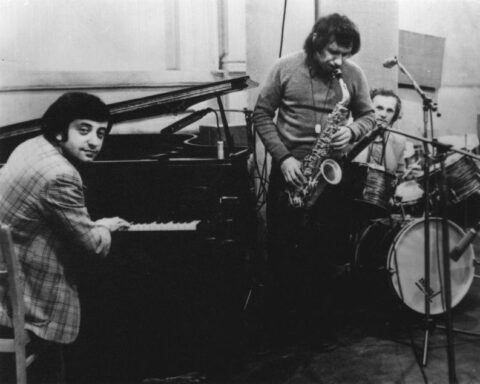I’ve previously posed several questions regarding the relevance and presence, or lack thereof, of the feminist voice and women’s lens in jazz
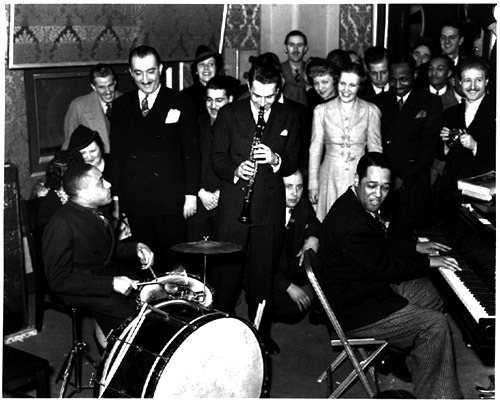
criticism. Engaging in an introspective and theoretical discourse with the jazz community and within ourselves as writers is one of the most important activities one can do in order to create a framework for impactful and lasting change.
Nonetheless, it would be irresponsible to leave this conversation floating in a realm of thoughtful ideology, without offering some form of solution-based analysis that would assist in creating concrete opportunities for growth, inclusiveness and advancement. These proposed solutions are nothing more than building blocks for writers, editors, publishers, and thinkers to consider in formation of their own ideas and tactics to create more equality within the jazz criticism community.
Before going on, I have one more question to express: Is it the responsibility of male writers and gatekeepers to lead the change we all seem to agree is needed? Or should it be women writers who organize themselves to create the environment in which we want to work and operate?
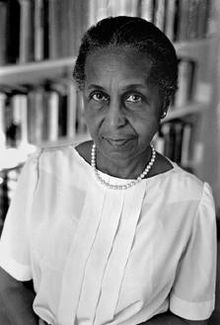
author of The Music of Black Americans: A History
I believe the answer is both.
Feminist organizing, as with any movement, takes experience and humane strategies. Not everyone has the background needed to bring marginalized people together to create change, but those that do should utilize the knowledge we have in our community-oriented toolboxes to support those who are willing to learn and contribute.
Some examples of recent women-led contributions to the jazz community are the first-of-its-kind statistical analysis of women jazz critic’s presence within the voting structure of the NPR Jazz Critics Poll, Equal At Last? Women In Jazz, By The Numbers which was completed after three years of data analysis by Shannon J. Effinger, Kira Grunenberg, Rachel Horn, Michelle Mercer, Georgia Sebesky, Natalie Weiner and myself under the leadership and vision of veteran critic Lara Pellegrinelli.
Mercer also provided NPR coverage of the women and non-binary artists of We Have Voice (A Map To The Line, And How Not To Cross It: A Code Of Conduct For The Performing Arts).
Suzanne Lorge’s consistent contributions to Downbeat Magazine are of note, as are those of Naomi Extra in several publications. 2019 saw the publishing of Sammy Stein’s book, Women in Jazz: The Women, The Legends & Their Fight. Daphne A. Brooks’ 2021 book, Liner Notes for the Revolution: The Intellectual Life of Black Feminist Sound furthers the conversation of Black feminist thought in music criticism.
Institutionally (a word which I mean as a positive connotation when describing the following orgs), Fiona Ross has formed a new organization, Women in Jazz Media, which specifically creates networking and professional opportunities for experienced and aspiring women jazz writers. Composers Sara Serpa and Jen Shyu founded a mentorship program that supports femme identified and women musicians called Mutual Mentorship for Musicians, where I am the editor-in-chief of an anthology of writing that’s inspiring new communities to form. Lastly, I am the founder of Feminist Jazz Review, which is an archive of my past women-centered jazz criticism along with original pieces solely written by and about female jazz artists. If there are other contributions that I have not included, I ask for forgiveness. These works are close to my personal engagement with women organizing and producing tangible results.

had a record review column
in the Detroit Free Press in 1967
There is a narrative that young women are not interested in writing about jazz, but I counter this belief with the understanding that young women do not know that jazz criticism is a viable career option. No, a woman may not be able to pay all of her bills as a jazz critic but the coverage opens doors for teaching opportunities, book deals and creates writing samples to share with mainstream music publications that pay handsomely.
Looking at the work of these women it is understandable one might wonder if men are doing enough. In my personal experience, I think men are open to hiring and publishing more women. I would not have been able to write the number of articles I have written if it were not for white male editors giving me opportunities. With this said, I have not yet worked with a woman or a person of color editor since I began focusing my energies on jazz criticism.
One solution is to introduce adolescent girls, teens and young women to jazz criticism within jazz camps by offering mandatory writing courses. It could be said that writing is good stimulation for the brain, which can help girl musicians create strong jazz compositions and learn theory more quickly.
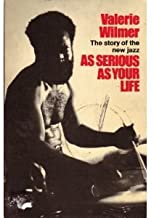
Male editors can expand their networks by not just including recommended and vetted woman jazz writers, but actually searching out new voices, perhaps from backgrounds in writing and poetry or about similar genres like experimental and avant-garde music. Contemporary art critics may have distinct voices and colorful writing styles that could benefit the jazz canon.
Male writers and editors who have young daughters — especially those three-to-eight years old, as at this age we are most enthusiastic and impressionable — can take one step further than playing jazz music around their girls. They can encourage them to describe the music they’re listening to by drawing a picture that “looks like” it or writing a few words to express the sounds they are hearing.
The most important solution is that we all come together as a community. Whether we are women, men, non-binary, trans or gay, the collectivity of our individual efforts along with group efforts can bring about a new era in jazz criticism.
More women should be hired as editors and senior writers for jazz publications.
Jazz institutions and university programs can offer jazz and art criticism courses as mandatory credits, not just electives.

I’m almost sure that there are people who do not want things to change. Men will have to be honest with themselves about the reality of what making room for women will look and feel like. There may be an urge to resist these solutions because the field may become more competitive and offer less bylines, which will challenge men to succeed on the basis of their talent and not their privilege.
Nonetheless, this transition doesn’t have to be painful and thought of on the basis of who will lose, who will gain and why. Equality is simply fair and logical. There’s no logical reason why women should not be included. The outdated narrative and ideology that women are biologically and intellectually unable to write and create original work must be left in the past. We’re able to do the work and should be given every opportunity we as professional and aspiring writers deserve.
# # #
Jordannah Elizabeth is a Baltimore-based writer and lecturer. In January 2018 she joined Michelle Mercer, Lara Pellegrinelli and Natalie Weiner in a JJA panel on Women in Jazz Journalism.




